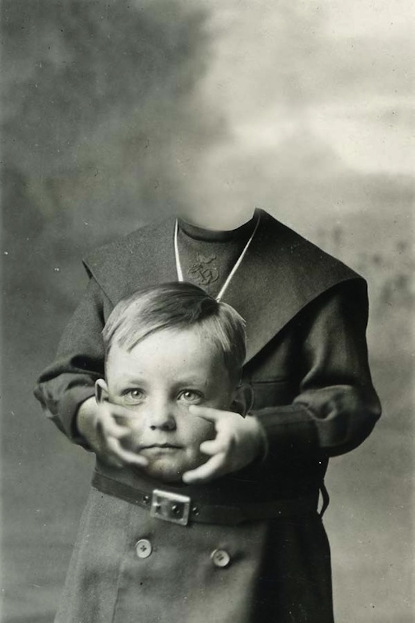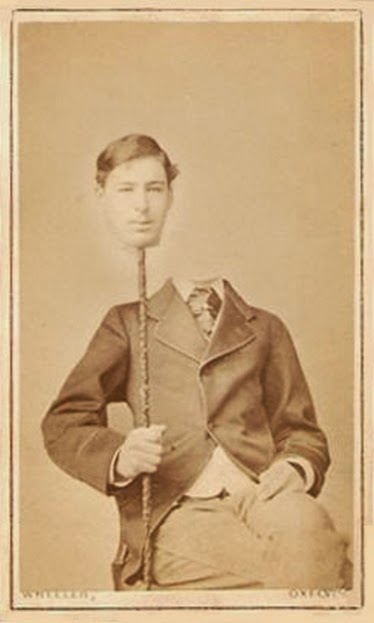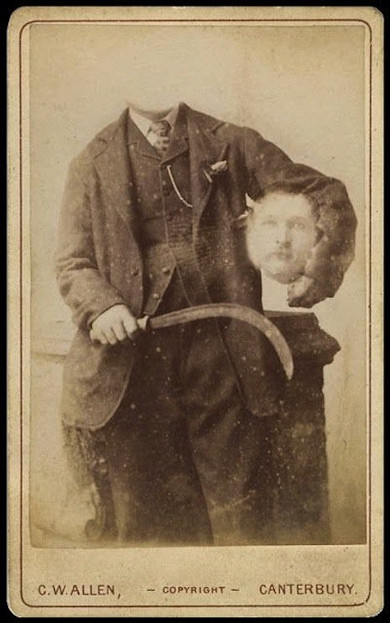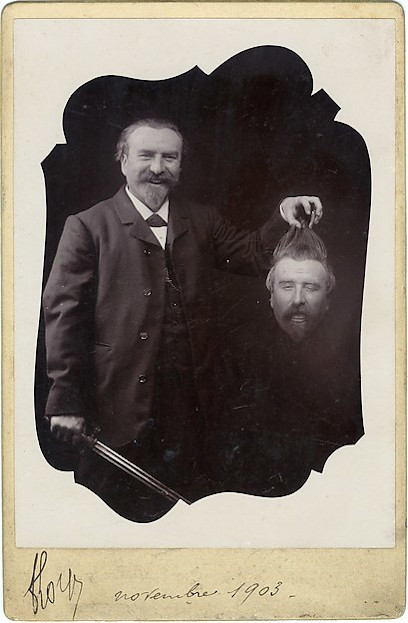- Gordian I dyed 300 Mauretanian ostriches vermilion.
- BASIPARACHROMATIN is an anagram of MARSIPOBRANCHIATA.
- 268435179 = -268 + 4(3×5 – 17) – 9
- xanthodontous means “having yellow teeth.”
- “A weed is but an unloved flower!” — Ella Wheeler Wilcox
History
The Right Place
In February 1933, Franklin Roosevelt gave an impromptu speech from the back of an open car in Miami. Local resident Lillian Cross stood on a bench to get a better view, and a man stood up with her.
“I glanced up at him and saw he had a pistol,” she said later. “He began shooting toward Mr. Roosevelt. I grabbed his arm and pushed it with all my strength into the air, and called for help. A man named Tom Armour also grabbed his arm, and the next thing I knew some other men had reached him and were choking him.
“The shots made a terrific noise in my ear. He kept shooting and trying to force my arm down, but I wouldn’t let go. I couldn’t have held much longer, however, when Mr. Armour seized him. A second or two later the Legion boys came smashing through and we all went tumbling off the bench together. My breath was knocked out, but I wasn’t hurt.”
She was 5 foot 4 and weighed 100 pounds. The assassin, Giuseppe Zangara, was ultimately executed for the murder of Chicago mayor Anton Cermak, who was killed in the attack.
Podcast Episode 352: A Victorian Hippopotamus

In 1850, England received a distinguished guest: A baby hippopotamus arrived at the London Zoo. Obaysch was an instant celebrity, attracting throngs of visitors while confounding his inexperienced keepers. In this week’s episode of the Futility Closet podcast we’ll describe his long tenure at the zoo, more than 4,000 miles from his Egyptian home.
We’ll also remark on a disappearing signature and puzzle over a hazardous hand sign.
Making a Point
In another case of press repression which succeeded only in creating a martyr, the editor of the Swedish newspaper Stockholms Posten, Captain Anders Lindeberg, was convicted of treason in 1834 for implying that King Karl Johan should be deposed. He was sentenced to death by decapitation, under a medieval treason law. When the King mitigated the sentence to three years in prison, Lindeberg decided to highlight the King’s repressive press policy by insisting upon his right to be beheaded and refusing to take advantage of the government’s attempts to encourage him to escape. Finally, in desperation, the King issued a general amnesty to ‘all political prisoners awaiting execution’, which applied only to Lindeberg. When the editor stubbornly insisted upon his right to execution, the government solved the problem by locking him out of his cell while he was walking in the prison courtyard and then refusing him re-entry.
— Robert Justin Goldstein, Political Censorship of the Arts and the Press in Nineteenth-Century Europe, 1989
(Thanks, Jason.)
Wandering Minds
Here’s a macabre fad from Victorian Britain: headless portraits, in which sitters held their severed heads in their hands, on platters, or by the hair, occasionally even displaying the weapons by which they’d freed them.
Photographer Samuel Kay Balbirnie ran advertisements in the Brighton Daily News offering “HEADLESS PHOTOGRAPHS – Ladies and Gentlemen Taken Showing Their Heads Floating in the Air or in Their Laps.”
Podcast Episode 351: Notes and Queries
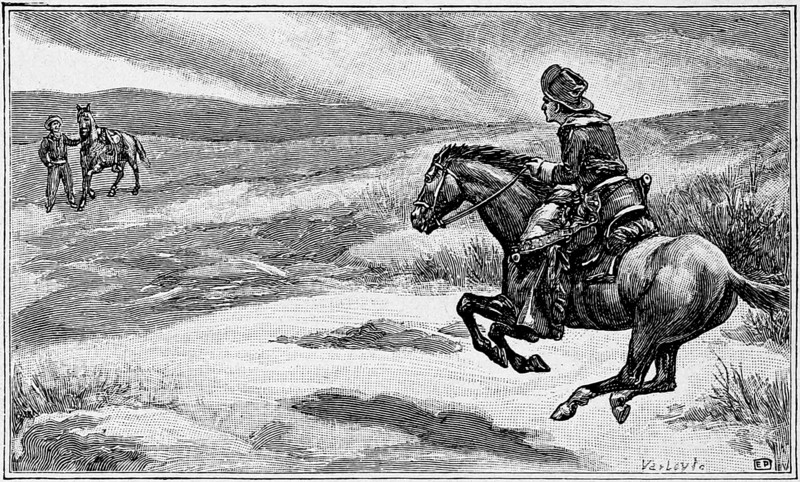
In this week’s episode of the Futility Closet podcast we’ll explore some curiosities and unanswered questions from Greg’s research, including a novelist’s ashes, some bathing fairies, the mists of Dartmoor, and a ballooning leopard.
We’ll also revisit the Somerton man and puzzle over an armed traveler.
Missing
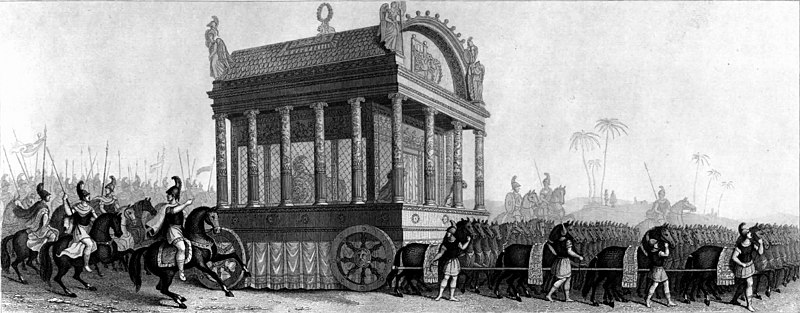
The location of Alexander the Great’s tomb is a mystery. After Alexander’s death in Babylon in 323 B.C., his body was taken first to Memphis and then to Alexandria, where Pompey, Julius Caesar, Cleopatra, Augustus, and Caligula all visited his tomb. But by the 4th century A.D. the tomb’s location was no longer known. Egypt’s Supreme Council for Antiquities has now recognized more than 140 search attempts, but none has succeeded conclusively.
The Empty Library

On May 10, 1933, in the Bebelplatz in central Berlin, members of the National Socialist Student Union burned 20,000 books, objecting to the “un-German spirit” of many Jewish, communist, and liberal authors. Joseph Goebbels declared that “the era of exaggerated Jewish intellectualism is now at an end … and the future German man will not just be a man of books … this late hour [I] entrust to the flames the intellectual garbage of the past.”
In 1995, Israeli sculptor Micha Ullman created a memorial room under the plaza, with empty shelves enough to accommodate 20,000 books. A plaque set into the cobblestones bears a quote by Heinrich Heine:
That was but a prelude;
where they burn books,
they will ultimately burn people as well.
Podcast Episode 350: Symmes’ Hole

In 1818, Army veteran John Cleves Symmes Jr. declared that the earth was hollow and proposed to lead an expedition to its interior. He promoted the theory in lectures and even won support on Capitol Hill. In this week’s episode of the Futility Closet podcast we’ll describe Symmes’ strange project and its surprising consequences.
We’ll also revisit age fraud in sports and puzzle over a curious customer.
Podcast Episode 349: The National Hotel Disease
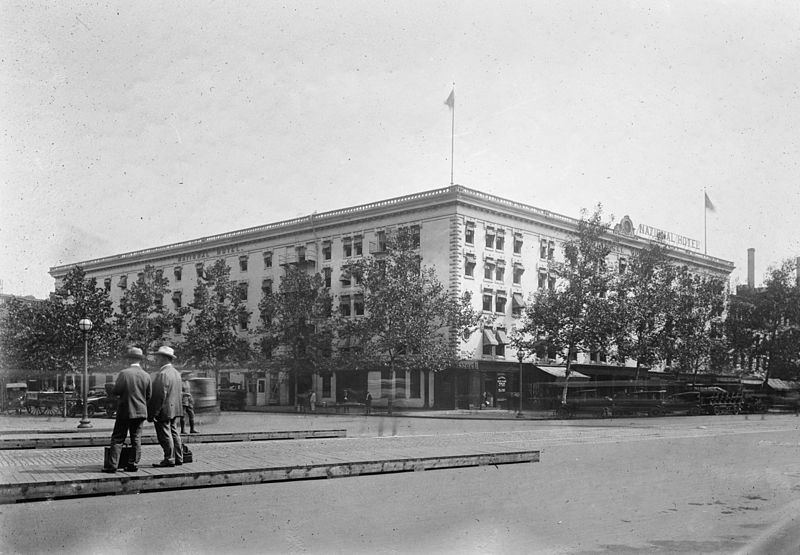
In 1857 guests at Washington D.C.’s National Hotel began to come down with a mysterious illness. One of them was James Buchanan, who was preparing to assume the presidency of the United States. In this week’s episode of the Futility Closet podcast we’ll describe the deadly outbreak and the many theories that were offered to explain it.
We’ll also contemplate timpani and puzzle over an Old West astronaut.

